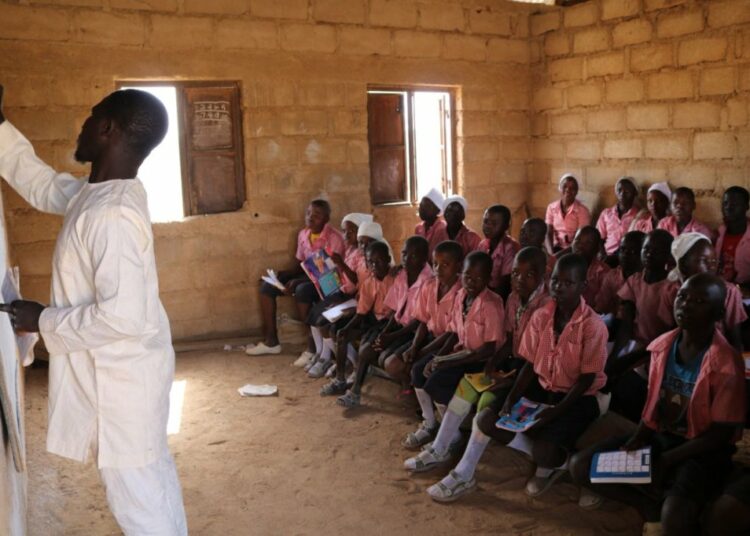The United Nations Children’s Fund (UNICEF) has expressed concern over the recent attacks on schools in North East and North West Nigeria, which have disrupted the education of over 1.3 million children and led to precautionary school closures.
On the International Day of Education yesterday, UNICEF called for urgent action to address school safety.
Cristian Munduate, UNICEF representative in Nigeria, stressed the need for collaboration to improve school safety, noting that only 6,000 schools in Nigeria meet the 43 percent minimum standard for a safe learning environment.
Munduate urged for a multi-sectoral approach to bolster school safety, highlighting the need for comprehensive planning and resource allocation.
Despite progress in providing education access to 7.2 million children in humanitarian settings, challenges remain in meeting safety standards for schools.
Munduate acknowledged Nigeria’s commitment to creating safe school environments, including the endorsement of the Safe Schools Declaration and the development of Minimum Standards for Safe Schools.
However, she stressed the importance of collective responsibility in safeguarding education, especially for girls whose education is often disrupted by attacks and abductions.
The statement read, “A recent evaluation indicates that, on average, only 43 per cent of the Minimum Standards for Safe Schools are being met in about 6,000 assessed schools.
“This finding particularly highlights challenges in ensuring the safety of school infrastructure and in mitigating risks such as violence, conflict and natural hazards.
“Nigeria had shown a commitment to creating safe school environments by endorsing the Safe Schools Declaration and developing the Minimum Standards for Safe Schools.
“Their educational journey is often disrupted by attacks on communities and schools, including the abduction of students.
“These challenges are particularly acute for adolescent girls, potentially stalling the progress made in girls’ education in Nigeria.”
Munduate suggested alternative learning platforms like the Nigerian Learning Passport, which has over 750,000 users, to ensure educational continuity during school closures.
“To complement these efforts, UNICEF emphasises the importance of alternative learning platforms, such as the Nigerian Learning Passport. This digital platform, with over 750,000 users, offers curriculum-aligned materials and is crucial for ensuring continuity of education, especially during school closures.
“UNICEF remains committed to working with the Nigerian government, donors, and all partners to ensure that every child has access to a safe, inclusive, and quality education,” Munduate added.





